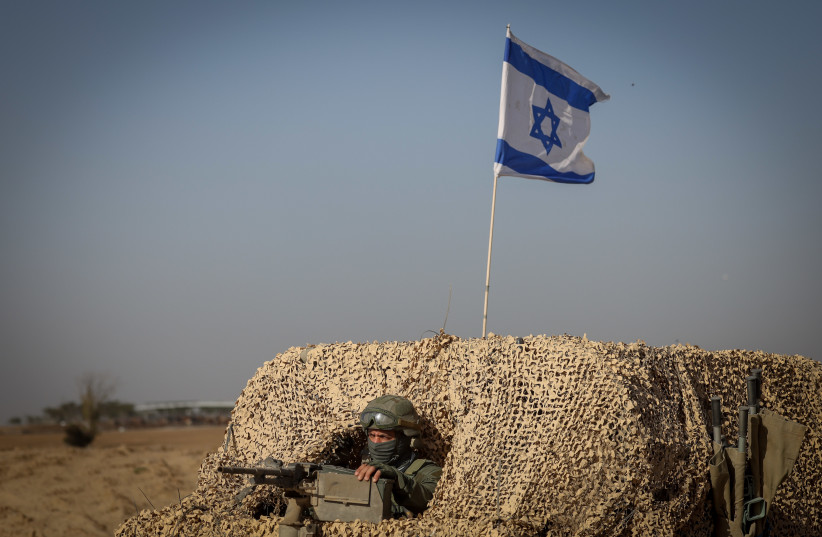The opening of the current war plunged the country into chaos, leaving its citizens feeling vulnerable and distrusting of the government. Amid this turmoil, local authorities found themselves at the forefront, taking on roles that were beyond their mandate. Keren Green, head of the Kadima Zoran Council, and Israel Gal, mayor of Kiryat Ono, emerged as leaders during this time of crisis, swiftly restoring public trust in their capable hands.
Their efforts were supported by a remarkable display of unity from private individuals who stepped up to assist. Without their collective strength, recovery would have been near impossible after the events of October 7.
Green recounted their immediate actions, stating, "As a local authority, we found ourselves functioning in chaos from day one of the war, assuming the responsibilities that the central government failed to fulfill. We had to make decisions and take initiatives that were not within our jurisdiction, but it was necessary to calm the residents and ensure their safety in the face of potential threats.
"All because of one reason: There was no one to calm the residents or to ensure safety and security within the settlement if a situation like October 7 were to recur, this time [farther] within Israel. Immediately, we formed a security team conducting assessments, sometimes thrice daily, aiming for a comprehensive security plan," she elaborated.
"In a matter of hours, Kadima Zoran rallied hundreds of volunteers to safeguard the settlement. Entrances were sealed, armed personnel stationed strategically, and patrols deployed across divisions," Green detailed.

"We bolstered our municipal hotline, inundated with thousands of calls from worried residents. Additionally, we invested heavily in security equipment and established a drone unit to fortify settlement security," she explained.
"Moreover, the council initiated a volunteer Homefront Command, delivering emotional and physical support, especially focusing on the elderly. This aid encompassed medical assistance, security measures, meals, caregiving services, and more. Teaming up with the Association for the Soldier, we ensured a consistent provision of thousands of aid packages, including transportation and deliveries," she concluded.
"What about government aid?"
"We didn't wait for the anticipated government funds. Right from the start, we acknowledged our isolation and took charge locally. Decision-making on security measures, such as closing entrances, deploying patrols, urging residents to bear arms, and devising emergency plans, fell upon us as local heads of authority," explained Green.
Mayor Gal of Kiryat Ono echoed a similar approach, outlining the establishment of a significant war facility within a city shelter and the introduction of an advanced war room pre-existing the conflict.
Describing the city's preparedness, Gal highlighted the advanced underground shelter, equipped with command centers, surveillance systems, and connections to emergency response centers.
Mobilizing swiftly, the municipality ensured comprehensive security measures across the city, organizing hundreds of volunteers and securing kindergartens. Gal emphasized the swift restoration of educational and recreational activities that was done to restore routine.
"Our priority was protecting our city and its residents, accomplished thanks to unified community support and prompt action," Gal stated, acknowledging the collaborative effort that aided both security measures and the assistance provided to October 7 refugees.
He credited the renewal of residential buildings for offering protected spaces, a result of evacuation-construction initiatives like Tama 38. Unlike the majority of apartments in Israel lacking protection, the city's initiatives ensured that most residences were safeguarded against missiles and earthquakes.
